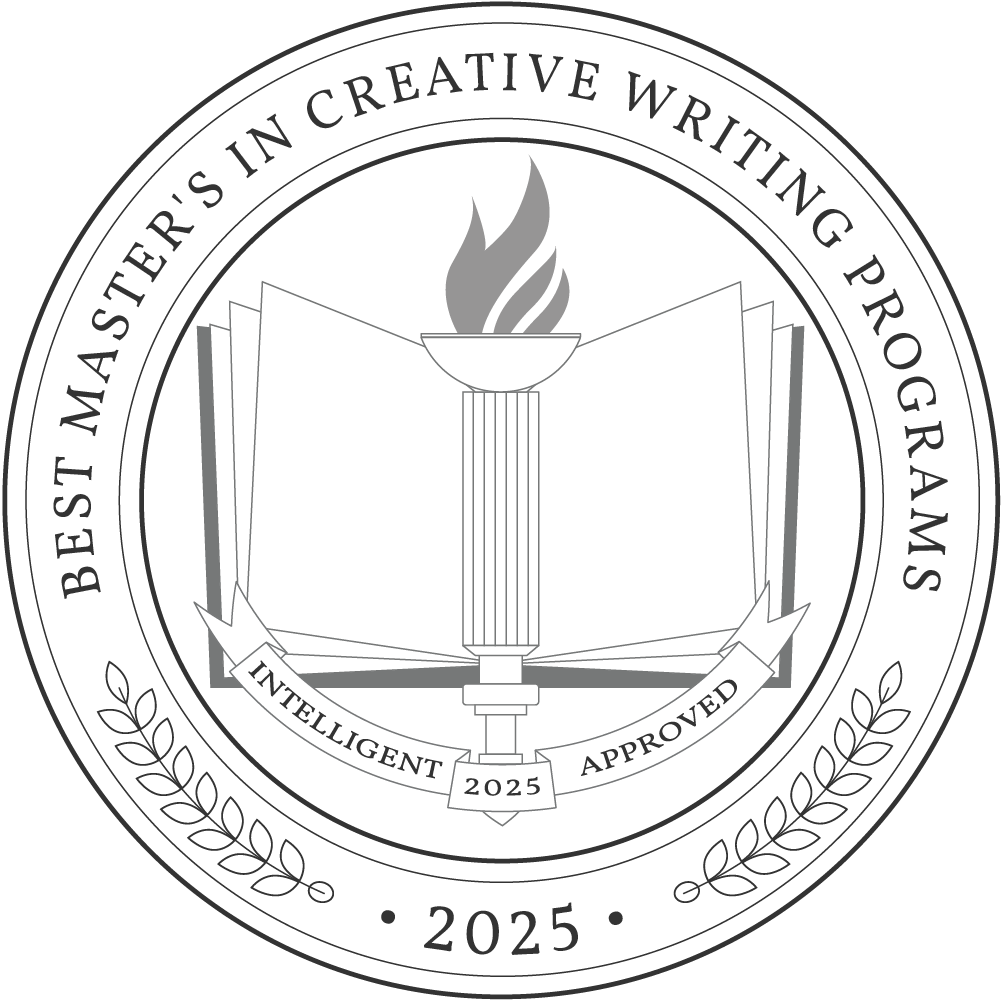For creative individuals eager to refine their craft under the guidance of accomplished mentors and dedicate significant time to their writing, pursuing a master’s in creative writing may be the next step in your journey. While these programs don’t guarantee a future as a bestselling novelist or a lauded poet, they offer substantial mentorship and a comprehensive education, setting a solid foundation for success in the literary field.
Most graduates find opportunities in academia, where the demand for college and university professors is expected to grow by 8% in the next decade, offering a median salary of $80,840. These programs span 18 months to three years, and while costs vary, the average tuition was $19,749 for the 2020-2021 academic year.
Why Trust Us
The Intelligent.com Higher Education Team is dedicated to providing students with independent, equitable school and program rankings and well-researched resources. Our expert-driven articles cover topics related to online colleges and programs, paying for school, and career outlooks. We use data from the U.S. Department of Education’s College Scorecard, the National Center for Education Statistics, and other reputable educational and professional organizations. Our academic advisory team reviews content and verifies accuracy throughout the year for the most current information. Partnerships do not influence rankings or editorial decisions.
- Analyzed over 2,000 national, accredited, and nonprofit colleges and universities
- 800+ rankings pages are reviewed and updated yearly
- Content is informed by reputable sources, surveys, and interviews with academic advisors and other experts
- Over 100 data points are reviewed for accuracy and quality throughout the year, including sources
How we rank schools
Our list features the best Creative Writing degree programs at top colleges nationwide. Each school featured is a nonprofit, accredited institution — either public or private — with a high standard of academic quality for post-secondary institutions.
We evaluated each school’s program on tuition costs, admission, retention and graduation rates, faculty, reputation, and the student resources provided for online students. We collected data from trusted sources like the National Center for Education Statistics, individual school and program websites, school admissions counselors, and other data sources. Then, we calculated the Intelligent Score on a scale of 0 to 100 based on the following criterion:
Academic Quality:
- Admission rate versus enrollment rate
- Retention rate of students who return after year one
- Accreditation status (regional and programmatic)
- Nonprofit status, both private and public institutions
Graduation Rate
- Overall graduation rate
- Total number of currently enrolled students, including diversity metrics
- Student-to-faculty ratio
Cost and ROI
- In-state and out-of-state per-credit tuition rates and fees
- Required credits to graduate
- Earning potential after graduation
- Availability of federal student loans, scholarships, and other financial aid options
Student Resources
- Available student services for online-only and hybrid programs
- On-campus amenities like tutoring centers and the number of libraries
Read more about our ranking methodology.
Best 50 Accredited Master’s in Creative Writing Programs
FiltersInstitution Type
Status
- Intelligent Score
- Alphabetically By University Name
- Acceptance Rate
- Enrollment
- In-state Graduate Tuition
- Out-of-state Graduate Tuition
- In-state Undergraduate Tuition
- Out-of-state Undergraduate Tuition

Harvard University
Intelligent Score: 99.39In-state: $49,653
Out-of-state: $49,653
In-state: $49,448
Out-of-state: $49,448
SAT: 1460-1580
ACT: 33-35
$1,073
Hybrid
New England Commission of Higher Education
36
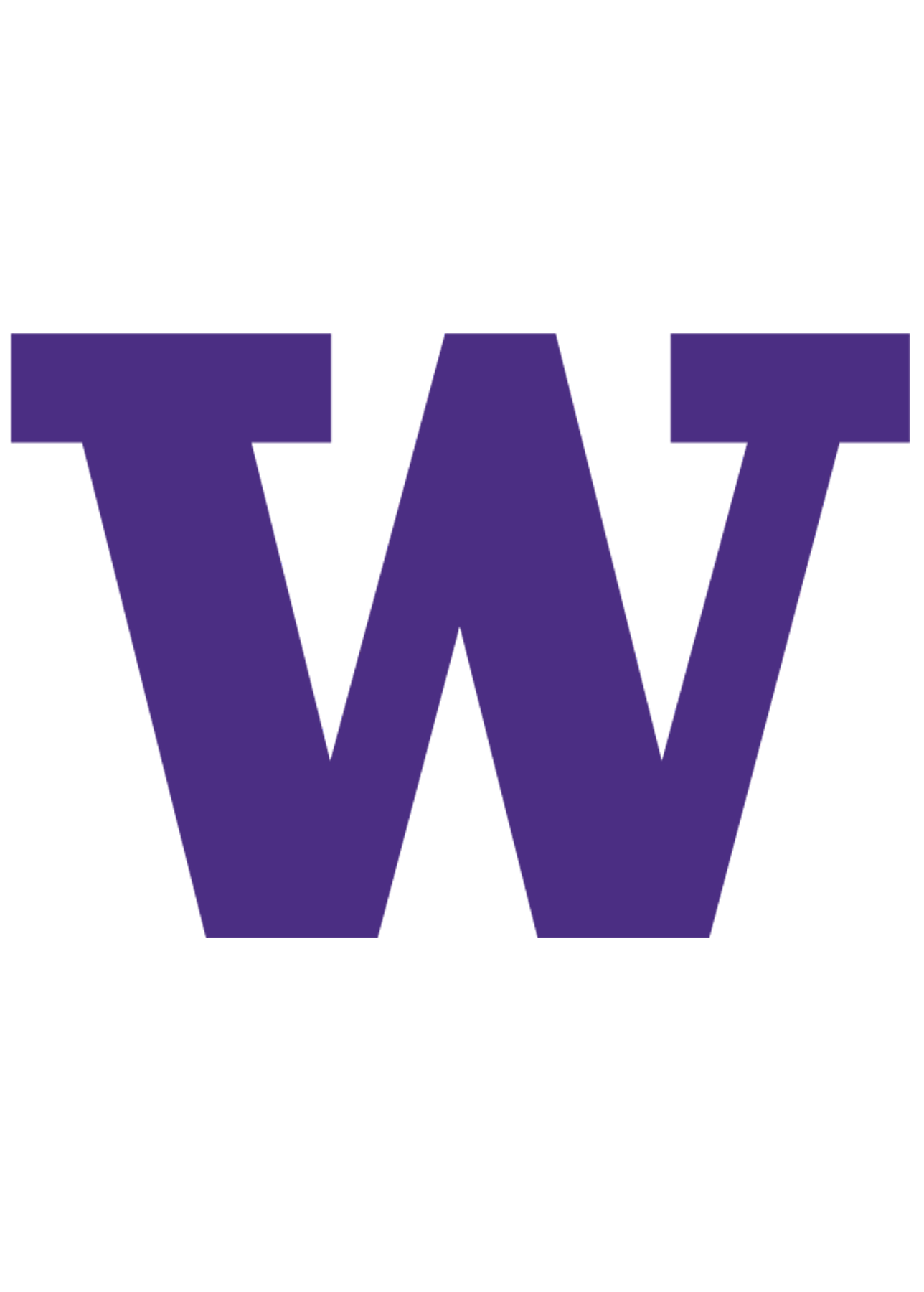
University of Washington
Intelligent Score: 99.12In-state: $10,629
Out-of-state: $37,998
In-state: $16,278
Out-of-state: $16,278
SAT: 1200-1453
ACT: 27-33
Resident: $834
Non-Resident: $1,494
On-Campus
Northwest Commission on Colleges and Universities
40
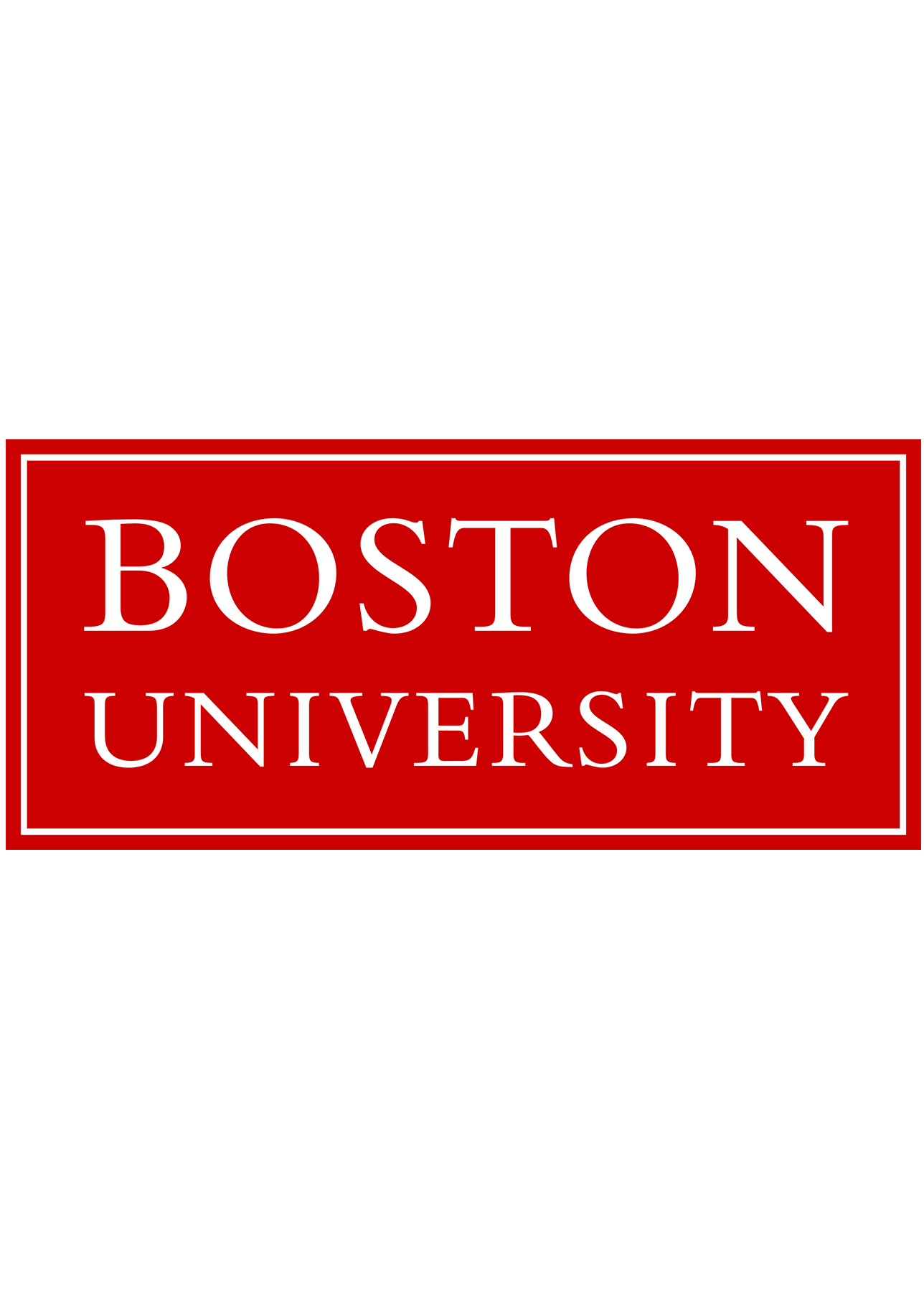
Boston University
Intelligent Score: 98.56In-state: $56,854
Out-of-state: $56,854
In-state: $56,854
Out-of-state: $56,854
SAT: 1310-1500
ACT: 30-34
$2,083
On-Campus
New England Commission of Higher Education
32
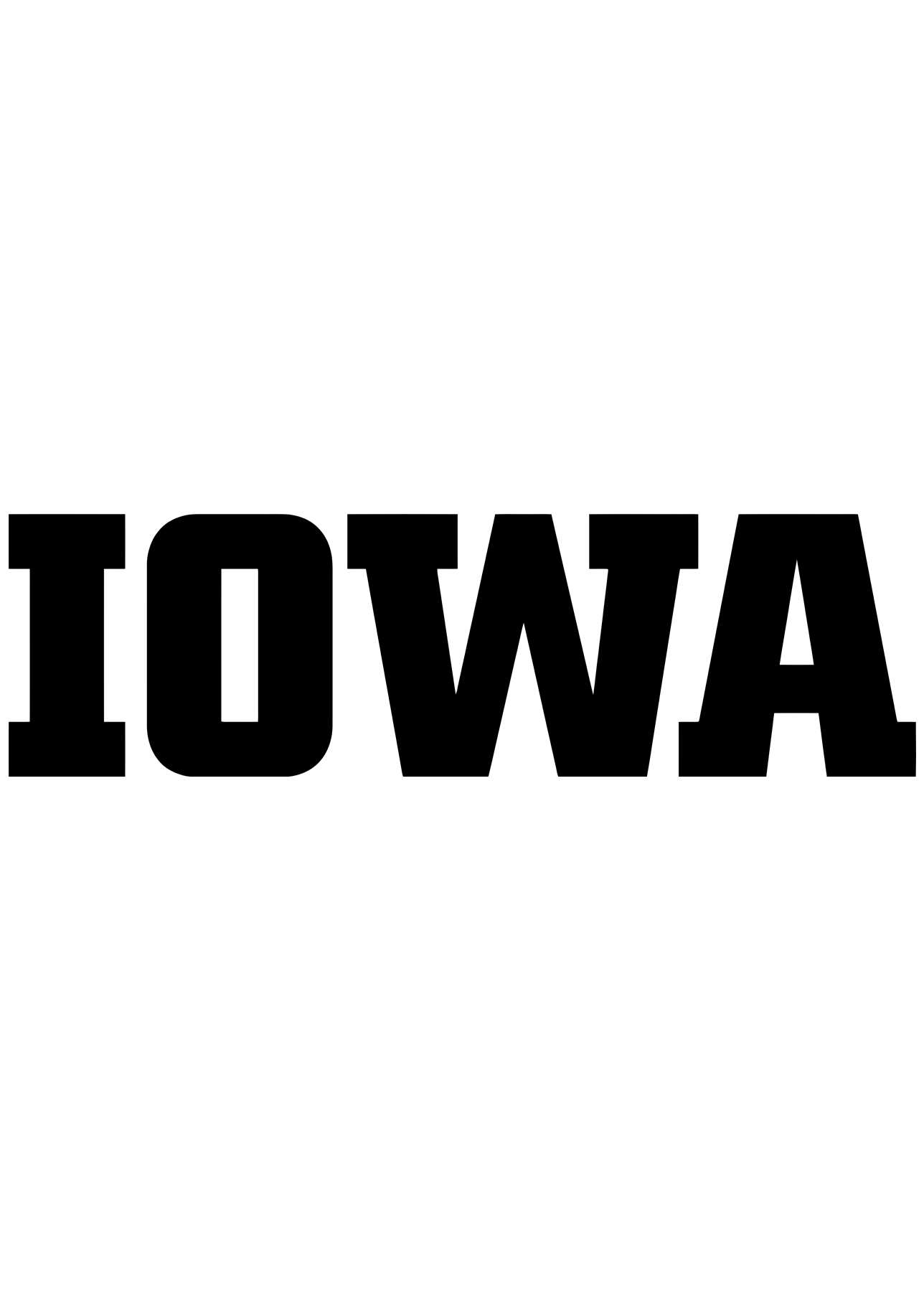
The University of Iowa
Intelligent Score: 98.52In-state: $8,073
Out-of-state: $30,036
In-state: $10,079
Out-of-state: $10,079
SAT: 1110-1310
ACT: 22-29
$626
On-Campus
Higher Learning Commission
48

Northwestern University
Intelligent Score: 98.33In-state: $58,227
Out-of-state: $58,227
In-state: $56,067
Out-of-state: $56,067
SAT: 1430-1550
ACT: 33-35
$1,917
On-Campus
Higher Learning Commission
36
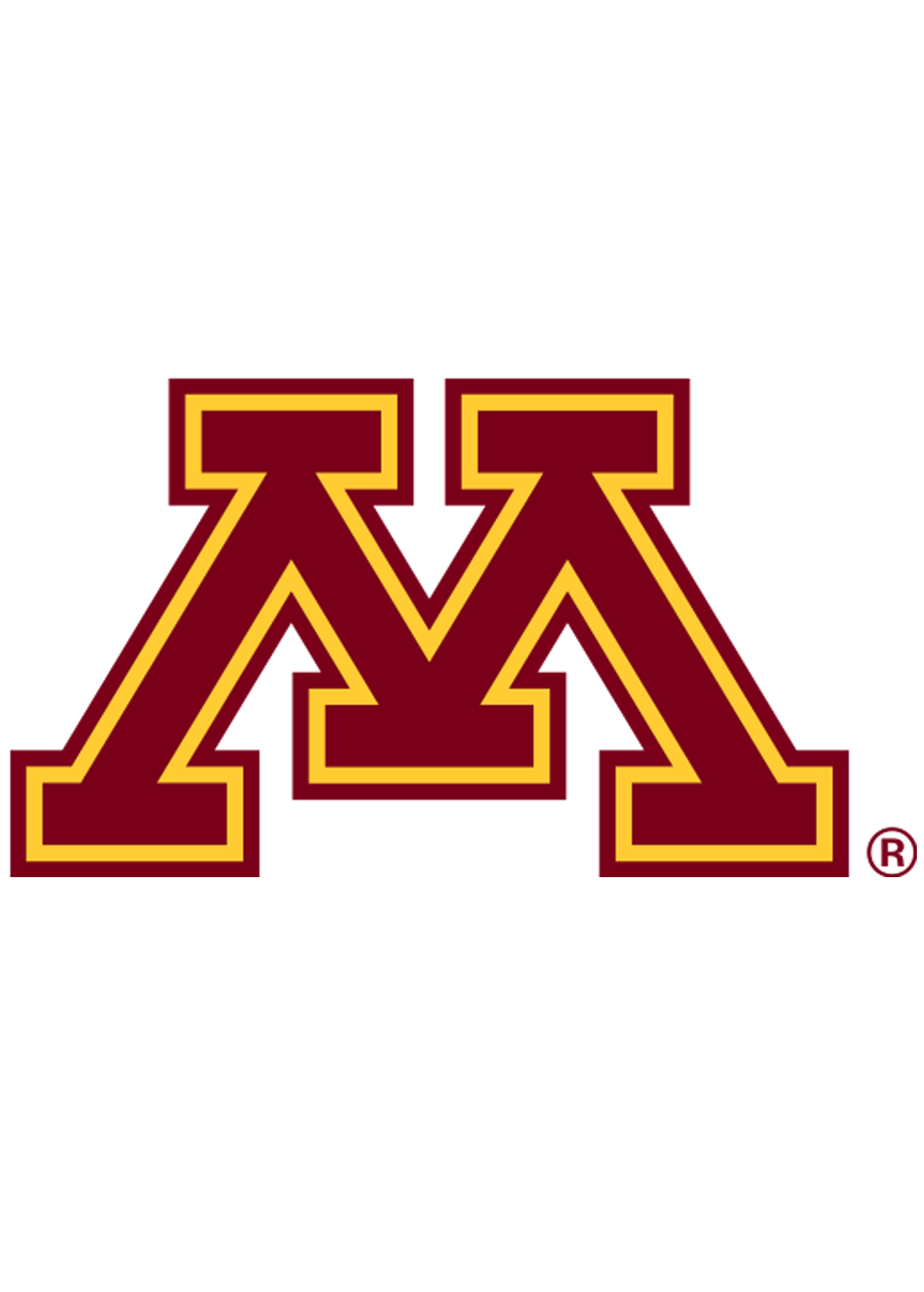
University of Minnesota - Twin Cities
Intelligent Score: 98.22In-state: $13,318
Out-of-state: $31,616
In-state: $17,580
Out-of-state: $17,580
SAT: 1240-1460
ACT: 25-31
Resident: $1,593
Non-Resident: $2,465
On-Campus
Higher Learning Commission
45
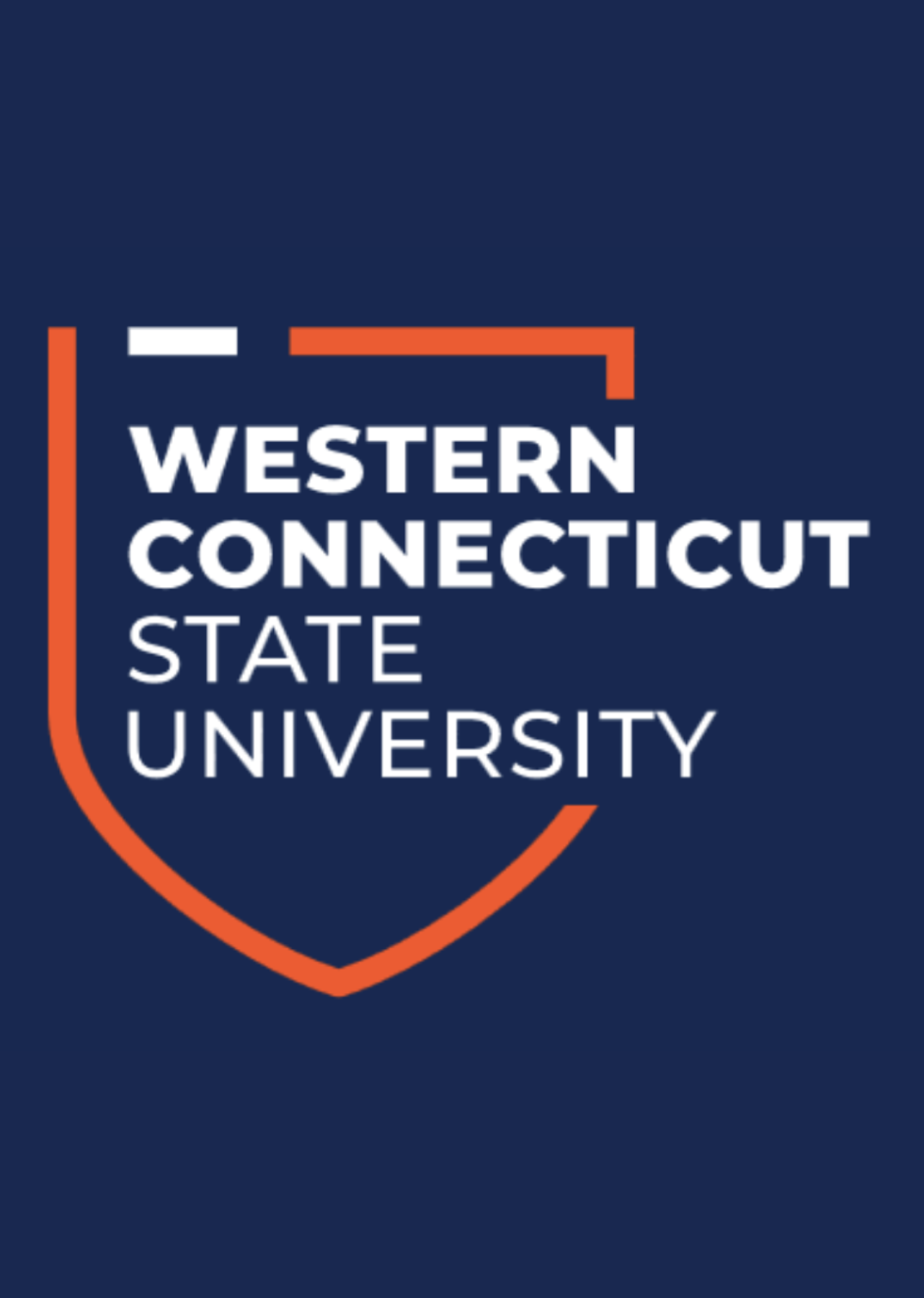
Western Connecticut State University
Intelligent Score: 97.51In-state: $6,162
Out-of-state: $18,436
In-state: $7,674
Out-of-state: $7,674
SAT: N/A
ACT: N/A
$562
On-Campus
New England Commission of Higher Education
60
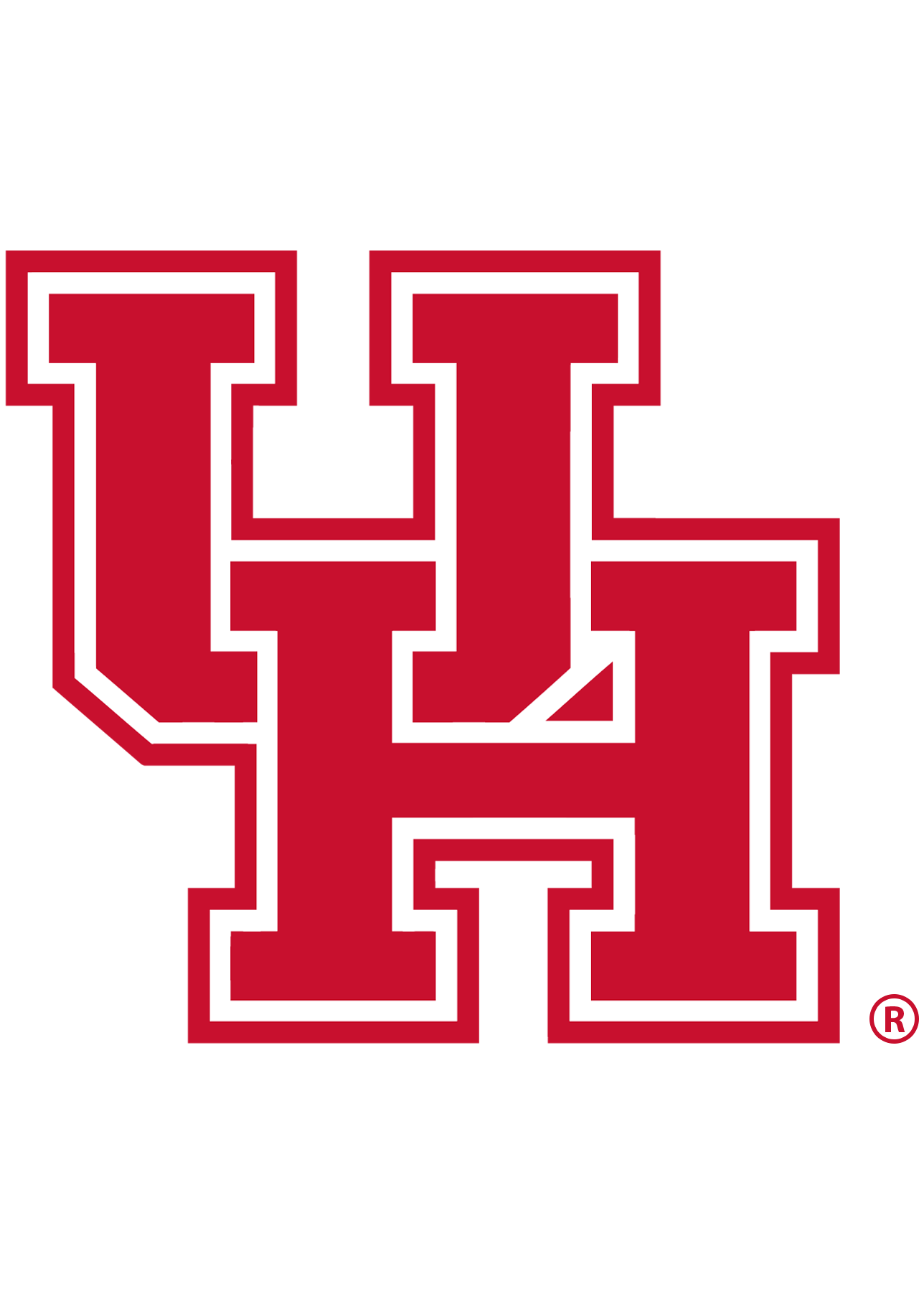
University of Houston-Victoria
Intelligent Score: 97.05In-state: $8,449
Out-of-state: $20,665
In-state: $8,539
Out-of-state: $8,539
SAT: 1120-1310
ACT: 22-28
Resident: $368
Non-Resident: $788
On-Campus, Online
Southern Association of Colleges and Schools Commission on Colleges
36

New York University
Intelligent Score: 96.63In-state: $52,204
Out-of-state: $52,204
In-state: $34,704
Out-of-state: $34,704
SAT: 1370-1540
ACT: 31-34
$2,157
On-Campus
Middle States Commission on Higher Education
32

Mississippi University for Women
Intelligent Score: 96.06In-state: $7,425
Out-of-state: $7,425
In-state: $7,425
Out-of-state: $7,425
SAT: 990-1300
ACT: 19-24
$450
Hybrid
Southern Association of Colleges and Schools Commission on Colleges
48
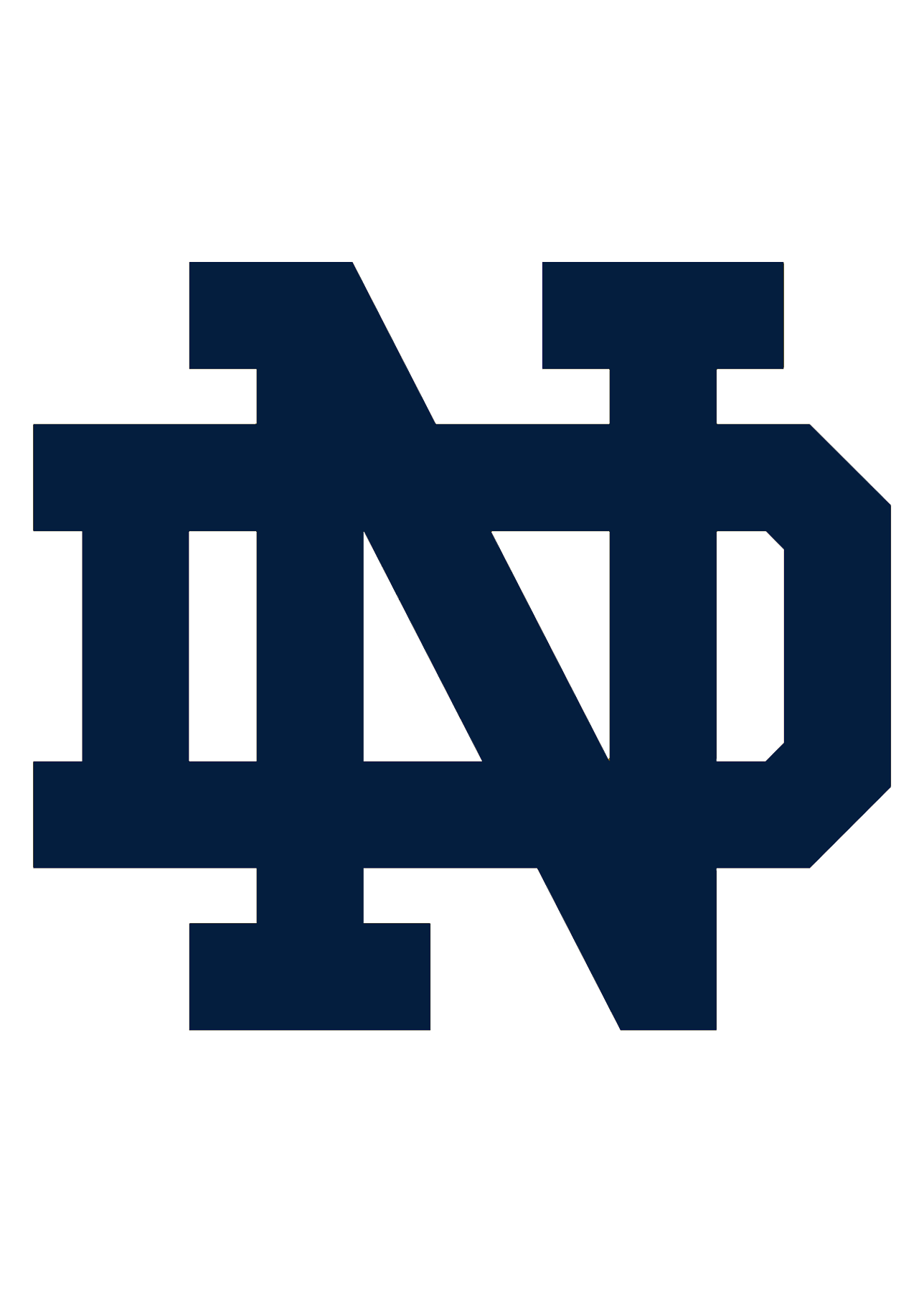
University of Notre Dame
Intelligent Score: 94.96In-state: $57,192
Out-of-state: $57,192
In-state: $57,050
Out-of-state: $57,050
SAT: 1400-1550
ACT: 32-35
$3,576
On-Campus
Higher Learning Commission
36
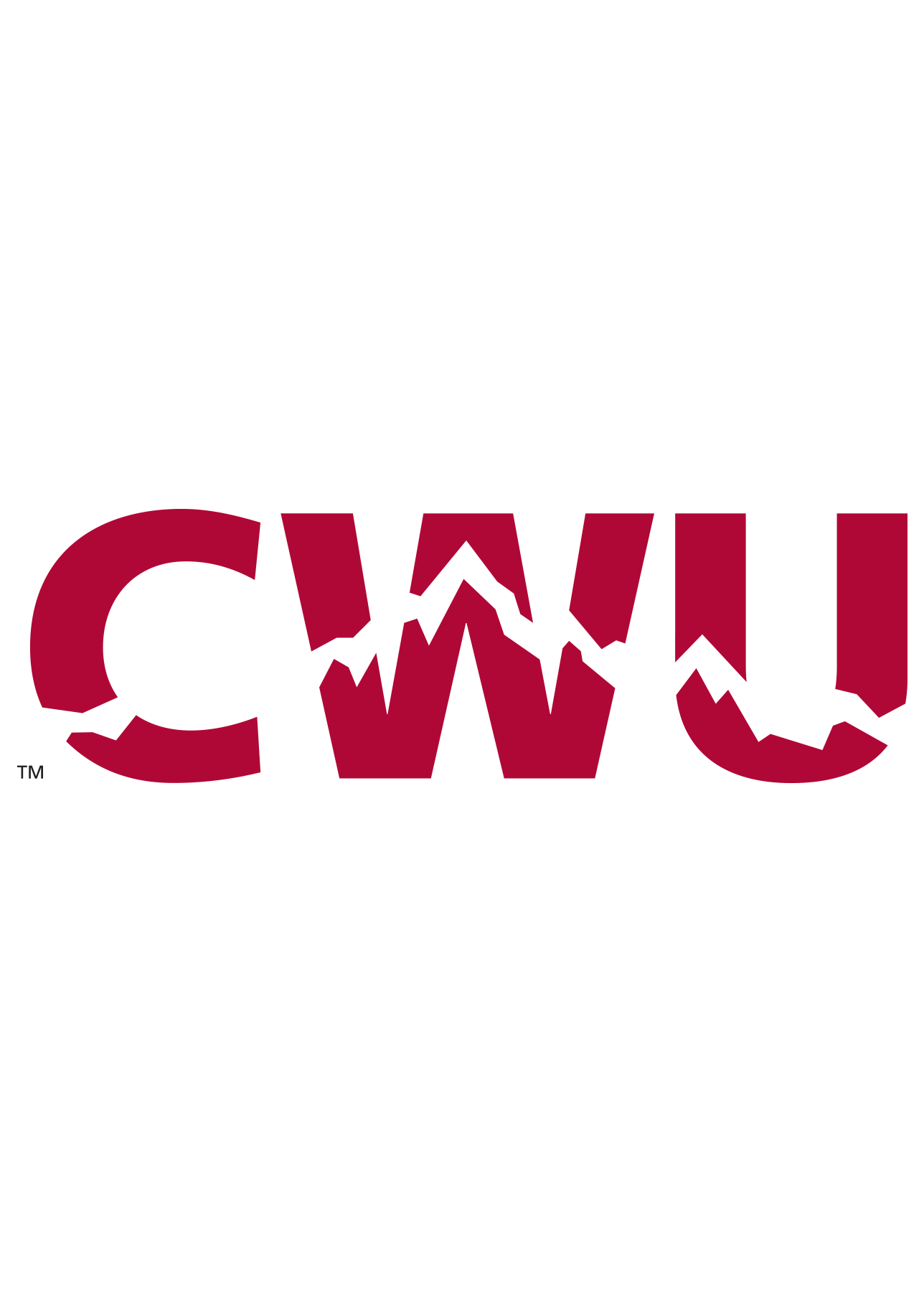
Central Washington University
Intelligent Score: 94.59In-state: $6,475
Out-of-state: $22,551
In-state: $9,822
Out-of-state: $9,822
SAT: 930-1150
ACT: 17-24
Resident: $735
Non-Resident: $1,723
On-Campus, Online
Northwest Commission on Colleges and Universities
45
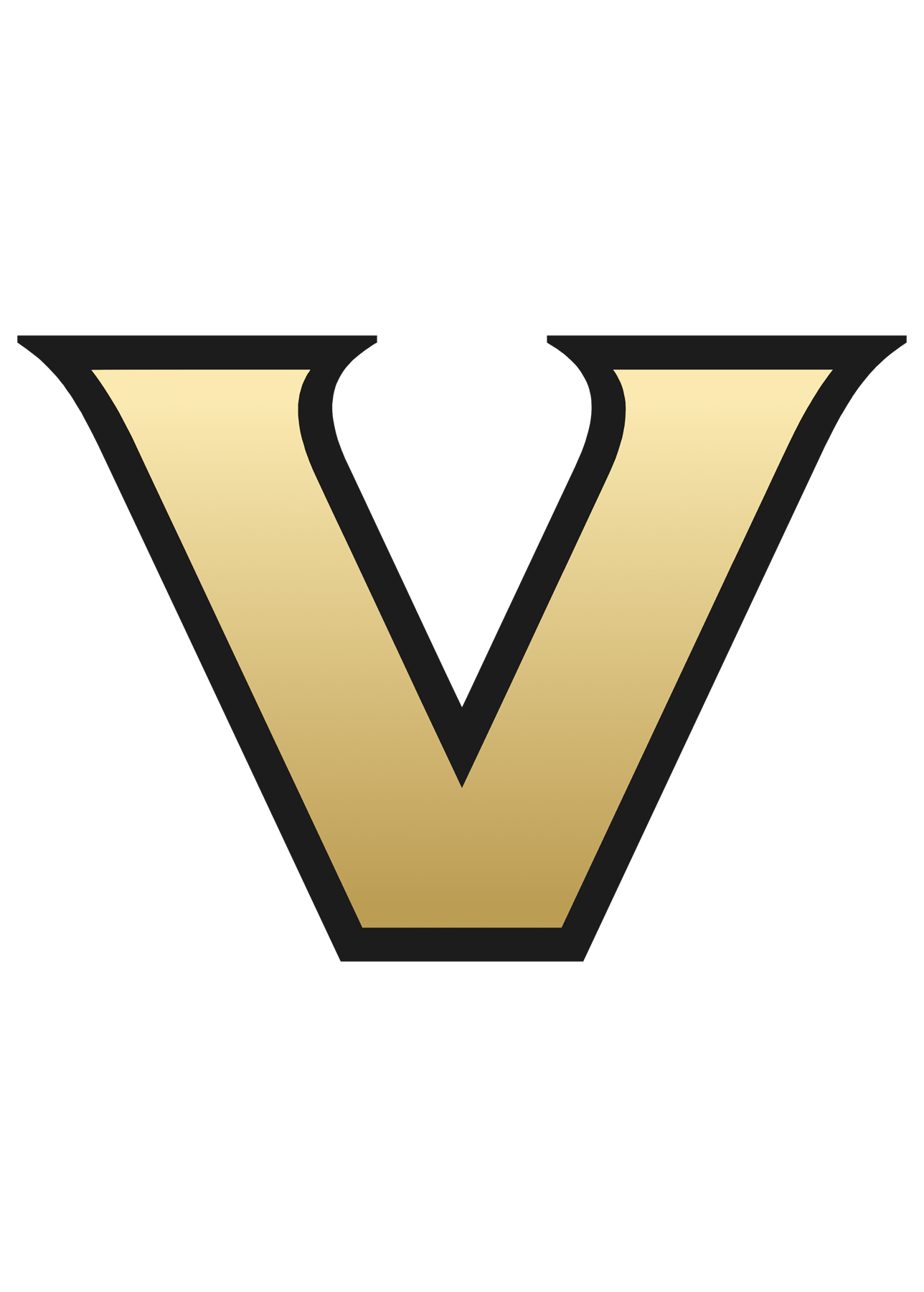
Vanderbilt University
Intelligent Score: 94.39In-state: $52,781
Out-of-state: $52,781
In-state: $50,082
Out-of-state: $50,082
SAT: 1470-1570
ACT: 33-35
$1,140
On-Campus
Southern Association of Colleges and Schools Commission on Colleges
48

The University of Texas at Austin
Intelligent Score: 94.22In-state: $11,448
Out-of-state: $40,032
In-state: $12,028
Out-of-state: $12,028
SAT: 1210-1470
ACT: 26-33
Resident: $1,210
Non-Resident: $1,863
On-Campus
Southern Association of Colleges and Schools Commission on Colleges
48
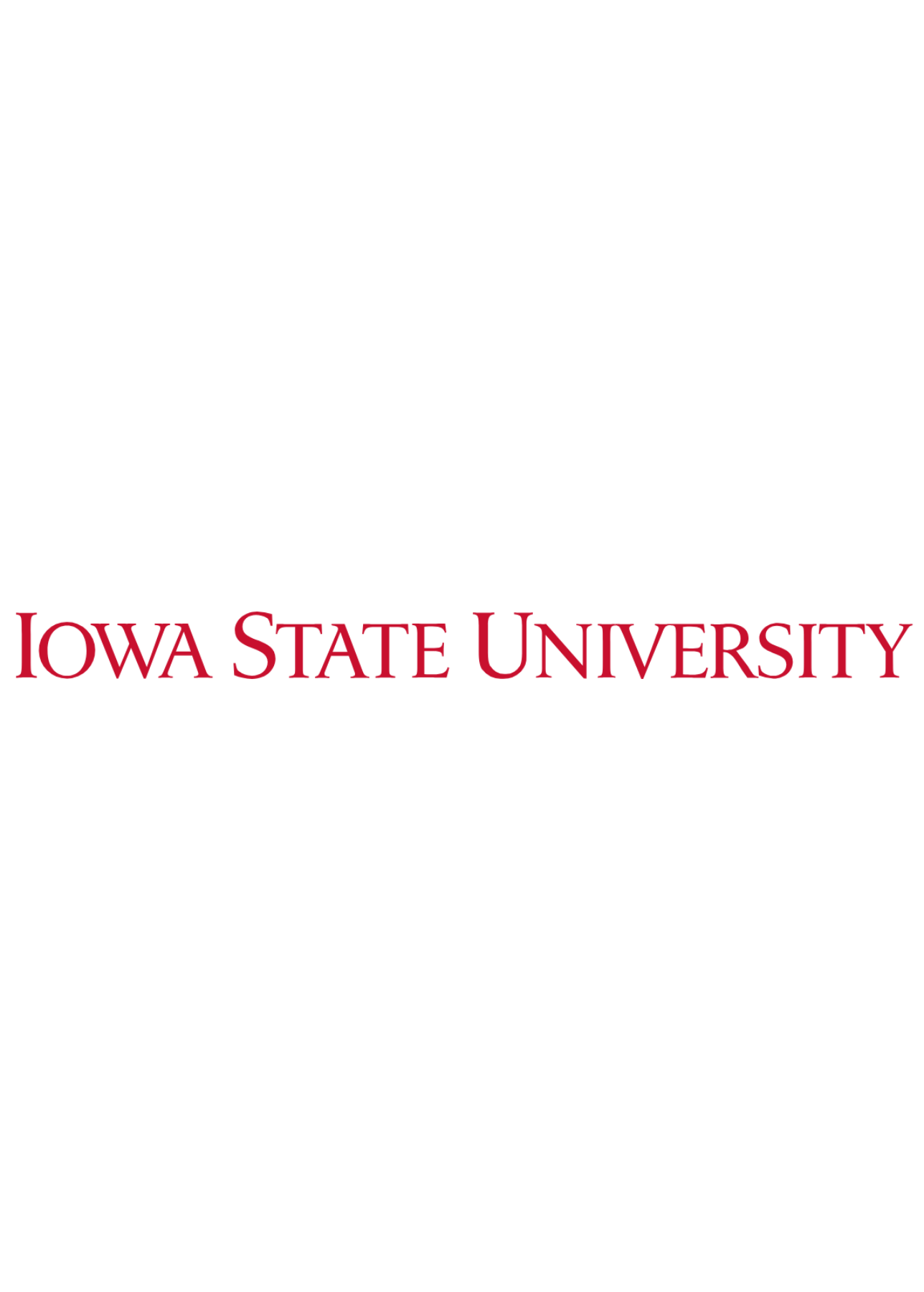
Iowa State University
Intelligent Score: 93.23In-state: $8,042
Out-of-state: $23,230
In-state: $9,758
Out-of-state: $9,758
SAT: 1010-1310
ACT: 21-28
Resident: $611
Non-Resident: $1,548
On-Campus
Higher Learning Commission
54

The University of Texas at El Paso
Intelligent Score: 92.7In-state: $11,448
Out-of-state: $40,032
In-state: $12,028
Out-of-state: $12,028
SAT: 1210-1470
ACT: 26-33
Resident: $495
Non-Resident: $1,033
On-Campus, Online
Southern Association of Colleges and Schools Commission on Colleges
48
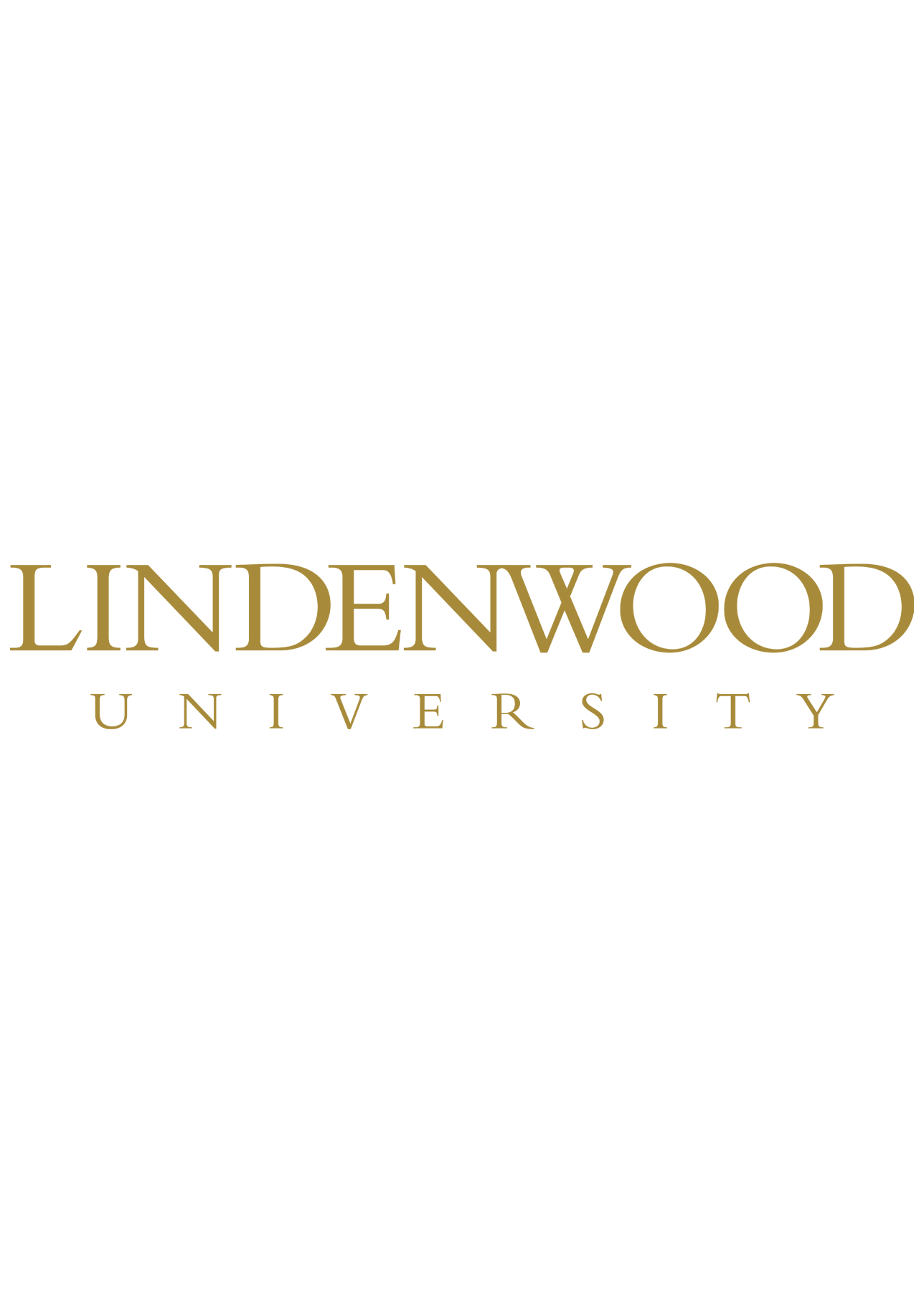
Lindenwood University
Intelligent Score: 91.36In-state: $18,000
Out-of-state: $18,000
In-state: $9,450
Out-of-state: $9,450
SAT: 990-1180
ACT: 19-25
$561
On-Campus, Online
Higher Learning Commission
48
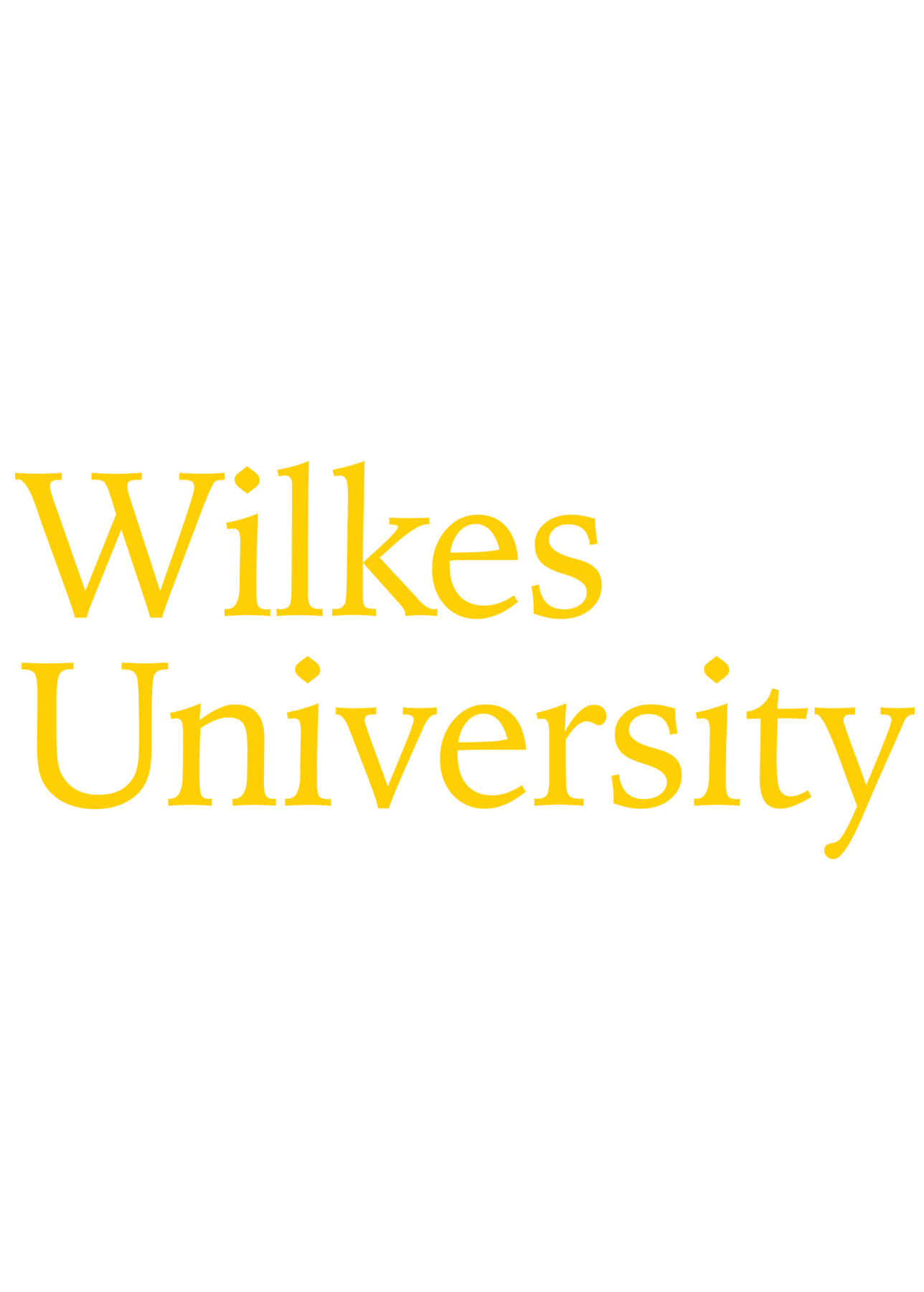
Wilkes University
Intelligent Score: 91.05In-state: $36,888
Out-of-state: $36,888
In-state: $26,400
Out-of-state: $26,400
SAT: 1040-1230
ACT: 20-26
$675 - $750
Hybrid
Middle States Commission on Higher Education
30-49
How to Choose a Master’s in Creative Writing Program
Choose your area of study
Selecting an area of study for your master’s in creative writing is an especially important first step for this degree, as many programs offer specialized tracks to better align with student interests.
For some students, deciding between poetry, fiction, nonfiction, or screenwriting may be relatively straightforward, as many come to these programs with existing interests and writing experience. This choice can be more challenging for others, requiring reflection on their interests and career goals.
Understanding your preferred genre or form is crucial. It will direct you to a program that best supports your aspirations, offering workshops, mentorship, and resources to hone your craft.
Research schools and programs
Once you’ve decided on an area of study, it’s time to research potential schools and programs that can support your educational and professional interests. Consider asking the following questions to guide your research:
- What are the faculty’s backgrounds and areas of expertise?
- How does the curriculum align with your specific interests?
- What opportunities exist for workshops, readings, and publishing?
- Are there assistantships, fellowships, or financial aid options?
- How does the program support career development post-graduation?
This information can be found on university websites, by contacting admissions counselors or program coordinators, or by connecting with current students and alumni.
Prepare for tests and applications
With your shortlist of programs in hand, you can begin preparing for tests and applications.
Focusing on crafting a solid writing sample is crucial, as this illustrates your skills and potential. However, it’s equally important to dedicate time to writing your personal statement and preparing for the GRE — if your program requires standardized test scores. Consider enrolling in a test prep program to improve your performance and boost your scores.
Remember transcripts and letters of recommendation; you’ll want to request these early, as they often take time to gather. To avoid any last-minute rushes, provide your recommenders with clear deadlines, typically around two months.
Select your program
If you submit multiple applications, you may receive multiple acceptance letters. In these situations, set aside some time to revisit your initial research criteria to ensure you select the right program.
Consider curriculum relevance, faculty experience, and the strength of the alumni network, as mentorship is an essential aspect of these programs. Given their significant role in your development, you’ll want to choose faculty you’re eager to learn from. Lastly, assess the total cost of attendance alongside any financial aid offers, including fellowships and assistantships.
Determine how you’ll pay for your degree
While financing your degree can feel daunting, many financial aid resources are available to help. Start by exploring scholarships and grants that don’t require repayment. Next, look into assistantships and fellowships offered by your institution, as these provide funding alongside resume-boosting professional experience.
Use federal loans sparingly to cover any remaining financial gaps. Remember that every dollar taken out on a loan will have to be repaid with interest, so minimize your reliance on these to avoid accruing debt.
What Can You Expect From a Master’s in Creative Writing Program?
By earning a master’s in creative writing, you’ll enter an immersive program designed to refine your writing craft, critical thinking, and editorial skills across various genres — including fiction, nonfiction, poetry, and even screenplay writing.
Spanning 18 months to three years, these programs combine workshops, literature courses, and seminars to strengthen your understanding of narrative structure, character development, and the nuances of language and style. You’ll hone your unique voice and storytelling abilities through intensive writing practice and feedback from peers and seasoned faculty. Critical analysis of literary work complements your creative endeavors, improving your ability to critique and incorporate literary techniques into your writing.
These programs typically culminate in a thesis — a substantial, original piece of creative work (like a novel, a collection of poems, or short stories) that demonstrates mastery and readiness to contribute to the literary world.
Potential courses you’ll take in a master’s in creative writing program
- Literary Analysis for Writers: Although it may go by a different name, this course is a cornerstone in most programs. Through studying contemporary and classic literature, students learn to dissect and understand the techniques employed by successful authors. This analytical skill enhances critical thinking while informing and improving their creative writing endeavors.
- Fiction Workshop: Specifically designated for students specializing in fiction, this course encourages learners to write their own material and periodically present it for critique. Students are encouraged to experiment and grow as writers through this collaborative environment.
- Poetry Workshop: This course, particularly aimed at poets, encourages participants to explore various poetic forms and techniques, from traditional to experimental poetry. Through writing exercises and peer feedback, students learn to create vivid imagery, control rhythm and sound, and convey emotional truths concisely.
- Creative Nonfiction: This genre-bending course covers memoirs, personal essays, and literary journalism. Students learn to meld factual accuracy with storytelling, developing skills to write engaging narratives that resonate with authenticity.
Master’s in Creative Writing Degree Frequently Asked Questions
How do I apply to a master's in creative writing degree program?
To apply for a master’s in creative writing degree program, you’ll need to start by researching the specific requirements of your chosen institution, as they can vary. However, many programs share common application criteria — like the following:
- Official transcripts from undergraduate studies
- Letters of recommendation
- A statement of purpose
- A writing sample in your intended discipline (such as fiction, poetry, or nonfiction)
- GRE scores, although these may be optional for some programs
Before applying, be sure to reach out to an admissions counselor. They can provide insights into the program, help answer any questions, and guide you through the application process.
How much does a master's in creative writing degree cost?
The cost of this degree will vary depending on the institution — however, the average graduate tuition for the 2020-2021 academic year was $19,749. This figure does not account for additional expenses such as housing, commuting, library fees, and textbooks, which can significantly increase the total cost of earning your degree. As a prospective student, you should thoroughly assess these costs to create a comprehensive budget — ensuring that pursuing this degree aligns with your professional and financial goals.
How long does it take to earn a master's in creative writing degree?
Earning your master’s in creative writing usually takes two years of full-time study, though some programs may extend to three years due to additional credit requirements. For this reason, it’s crucial to check each program’s credit prerequisites, as this directly influences completion time.
Part-time students generally have up to five years to fulfill their degree obligations, but some institutions offer more flexibility, allowing for a more extended timeline.
